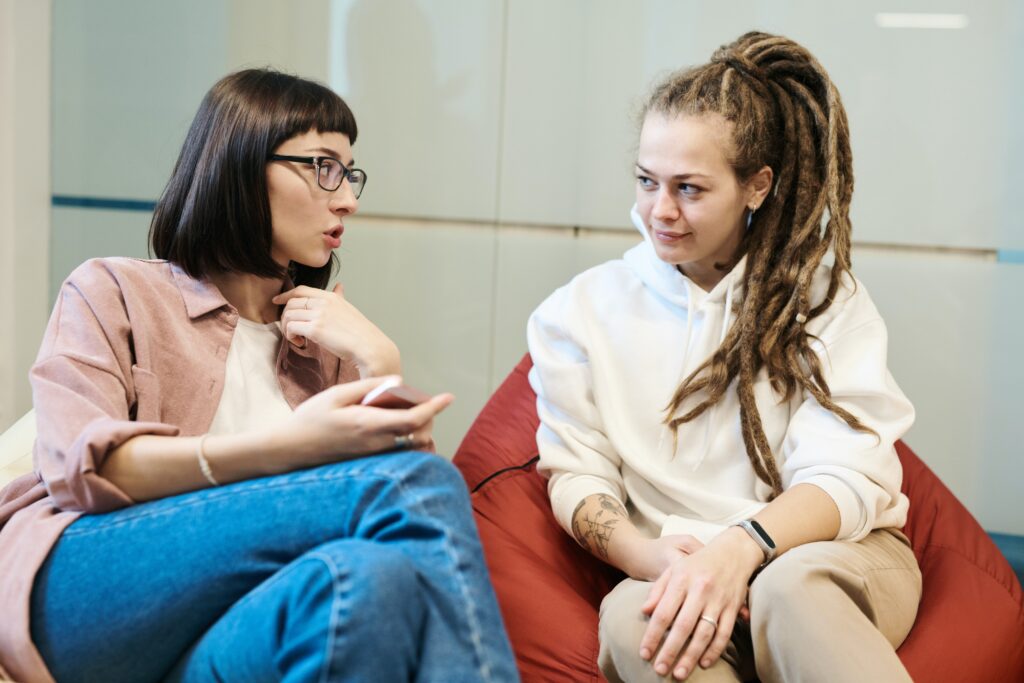Compassion is innate – but it has to be cultivated and harnessed.
It is now widely recognised that compassion is innate.
We have a natural, automatic desire to help others who are suffering. This is plugged into our survival instincts: compassion has been essential to the fostering of cooperative and prosperous societies.
The problem is that these days we spend an awful lot of our day in the fight or flight mode, and this blocks our compassion. This is because we are stressed and under pressure and the brain sees this as a threat. It is difficult for us to be compassionate if our brains are focused on survival.
So, while compassion is innate, it does not always come easily. Here are some ways to help build your compassion.
Self-Compassion
We often treat ourselves in ways we would never dream of treating others. That is why we need to cultivate self-compassion.
Self-compassion isn’t about loving ourselves, being self-indulgent, or narcissistic. It’s about being kind and supportive when we are facing difficulties or have made a mistake.
Being self-compassionate means offering support by empathising with ourselves. We can do this by talking positively with ourselves, take time out to reflect and regroup, giving ourselves a hug (I especially recommend doing this. It feels so supportive), give ourselves reassurance, and by being kind.

It’s important to understand that we are wired to feel, and these feelings are important. They give meaning to our lives. So, the first part of self-compassion involves accepting that it’s OK to feel. Don’t override or suppress feelings – just feel them.
Nobody knows us like we do. Nobody understands us like we do. Nobody knows just what we are going through. This is why we have to care for ourselves, have compassion for ourselves, and become our own best-friend.
Similarities
Look for things we have in common with others, not differences. It can be easier to identify how you differ from another person, but we should at least try to find commonalities.
This will help you to relate to them and not see them as a different. In the end, this will help you create a bond with them enabling you to feel compassion.
Communication
When speaking to others we need to engage our brains before we open our mouths. Check that what you are about to say is helpful, kind, and compassionate.
We all know that words are powerful tools which can empower or harm, uplift or drag someone down. So, to build compassion, we need to ensure our words do not bring about harm.
Perspective
We can get caught up in our own viewpoints. It can be a real challenge to step outside ourselves and see another perspective. Consider how another person is influenced by a situation, and ask yourself some simple questions:
- How would I be feeling if this happened to me?
- How would my family and friends feel if it was me?
- How would I respond?
- What would I find helpful at a challenging time like this?
By considering the other person’s perspective, you are more likely to feel positive and connected to them.
Listening

When trying to generate compassion for another, try to abandon your desire to give advice. Instead, actively listen. Suspend making any conclusions and simply offer the other person your full attention. It isn’t easy to do but with practice it is certainly achievable.
Present Moment
When we are distracted by our thoughts, emotions, memories, imagination, and perspectives, we cannot focus on what is right in front of us. That means we are unable to identify those in need of compassion.
You can help yourself to become more present by practicing mindfulness. By bringing yourself back to what is happening right at this moment you will be better able to concentrate and focus on the people around you who may need your time and attention.
Giving
Generosity is a wonderful way to build compassion. Try contributing your time, unwanted possessions, or make donations.
Compassion is contagious. Acts of generosity and thoughtfulness inspire more of the same, into a chain reaction of goodness.
Karma Yeshe Rabgye is a Western Monk in the Kagyu tradition of Tibetan Buddhism. Originally from England, he now lives in Ashoka Buddhist Temple, Khuda Ali Sher, Chandigarh. He is a meditation master and has two meditation centres in Northern India. He is writing in a personal capacity. Find out more here: https://yesherabgye.com/

